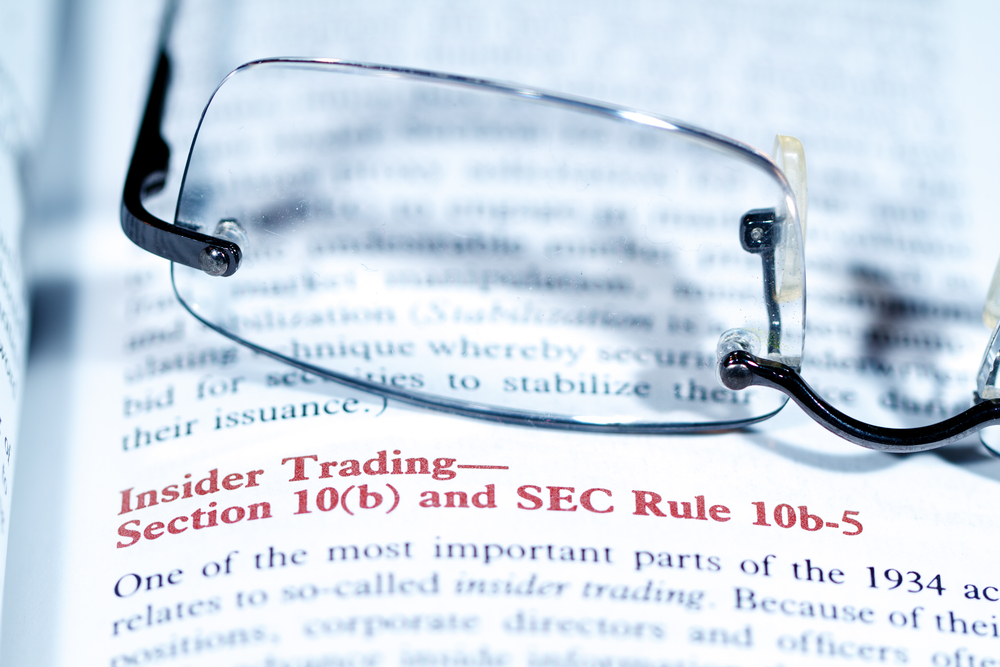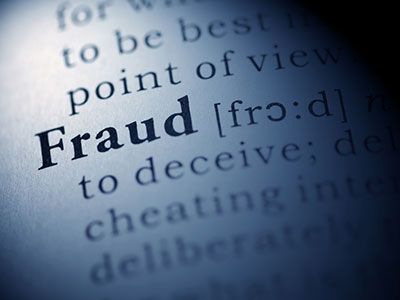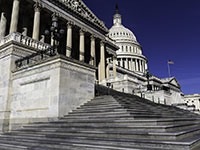The Second Circuit recently considered the extraterritorial application of the U.S. securities laws in the private securities class action context, bringing some clarity to an area of the law that is increasingly important given the globalization of financial markets.
In re Petrobras Securities, 862 F.3d 250 (2nd Cir. 2017), was an appeal of a class certification order in a securities class action related to an alleged multi-year money-laundering and kickback scheme involving Petróleo Brasileiro S.A. (“Petrobras”), the Brazilian state-owned oil and gas company. The district court had certified two classes of investors who purchased Petrobras American Depository Shares (ADS) and debt securities, and who brought misrepresentation claims under the Securities Act of 1933 and the Securities Exchange Act of 1934 against Petrobras, its subsidiaries, and its underwriters. Morrison v. National Australia Bank Ltd., 561 U.S. 247 (2010), held that the anti-fraud provisions of the securities laws have no extraterritorial effect, and as a consequence apply only to transactions in securities that occur on a U.S.-based exchange or that are otherwise “domestic.” Petrobras ADS shares satisfied the first requirement, but the company’s debt securities are traded over-the-counter, not on a U.S. exchange. Prior decisions had limited “domestic” transactions to ones where (1) the purchaser “incurred irrevocable liability within the United States to take and pay for a security . . . or to deliver a security” or (2) “legal title to the security . . . transferred in the United States” (see, e.g., Absolute Activist Value Master Fund Ltd. v. Ficeto, 677 F.3d 60, 68 (2d Cir. 2012)), but how this test implicated the standards for class certification was not clear. READ MORE










